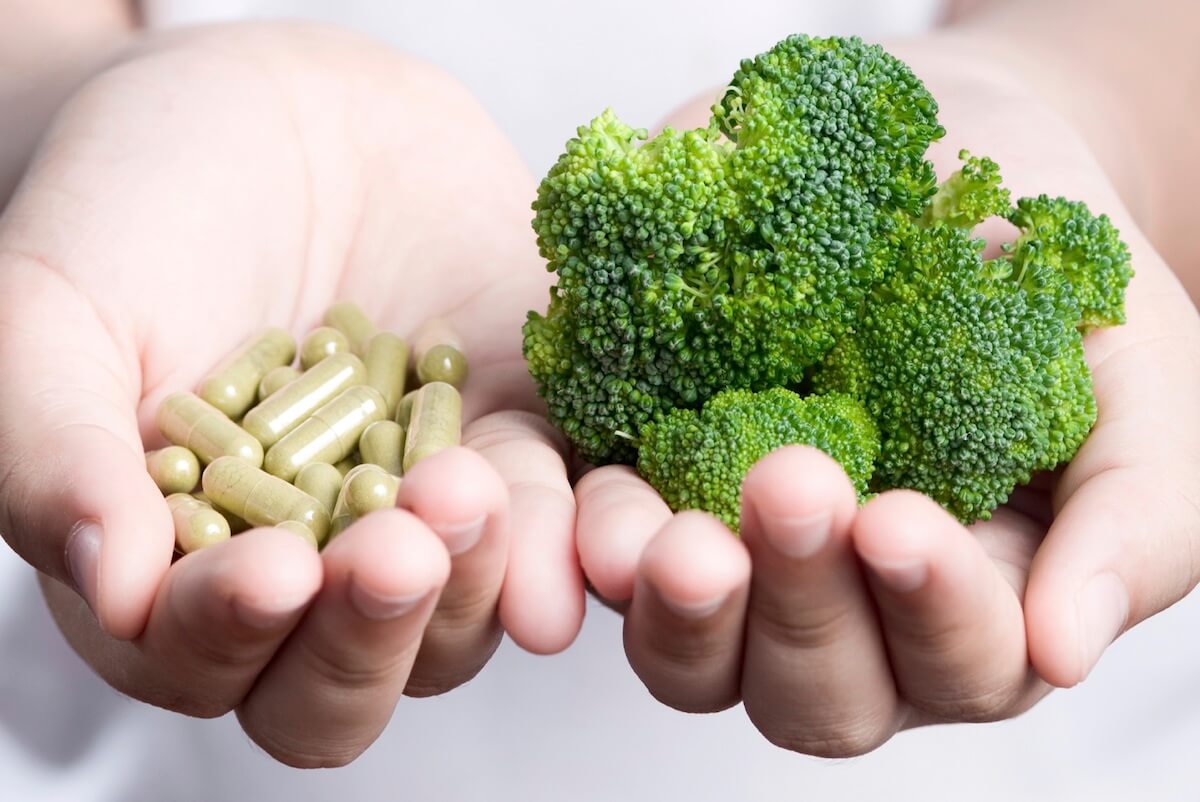Too much of a good thing is still too much — even when it comes to multivitamins.
Dietary supplements are advertised to improve health, but taking them in excess can actually have the opposite effect and increase cancer risk, according to a study by the University of Colorado Cancer Center. “We have discovered taking extra vitamins and minerals do more harm than good,” according to investigator Tim Byers, who made his comments during the American Association for Cancer Research’s annual meeting. “We are not sure why this is happening at the molecular level, but evidence shows that people who take more dietary supplements than needed tend to have a higher risk of developing cancer.” The scientist and his team, who started their research 20 years ago, observed that people who eat more fruit and vegetables tend to have a lower risk of cancer. So, they began their research into whethertaking extra vitamins and minerals would further reduce the disease’s threat. After testing dietary supplements in animals with promising results, they studied thousands of patients taking dietary supplements and placebos for 10 years. However, the results didn’t come out as expected. “We found that the supplements were actually not beneficial for their health,” explains Byers. In fact, some of the patients taking the supplements actually had higher rates of cancer.
For example, taking more than the recommended dosage of beta-keratin supplements increased the risk of developing both lung cancer and heart disease by 20 percent, one trial showed. Folic acid, previously thought to help reduce the number of polyps in the colon, is actually shown to increase their number when going over the recommended daily amount. Despite the results, the expert insists that people shouldn’t be afraid of taking vitamins and minerals: “If taken at the correct dosage, multivitamins can be good for you,” Byers says.”But there is no substitute for good, nutritional food.”
You may want to kick your multivitamin habit

iStock


















